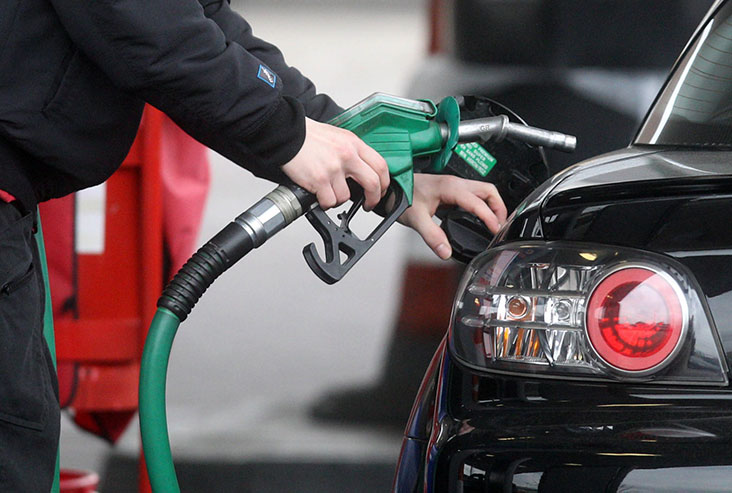Search Our Inventory

Replacement Engines
Used Rebuilt Remanufactured
Any Make And Model

Any Make And Model

As the world becomes increasingly focused on sustainability and reducing carbon emissions, the future of petrol cars has become a topic of much discussion. With the rise of electric vehicles (EVs) and the push for renewable energy sources, many wonder if petrol cars will soon become a thing of the past. However, despite the growing popularity of EVs, petrol cars are likely to have a future for several reasons.
Firstly, the infrastructure required to support a fully electric vehicle fleet is still in its early stages. While many countries and cities are investing in the necessary charging stations, the infrastructure is not yet widespread enough to fully replace petrol cars. Additionally, the cost of implementing this infrastructure on a global scale is a significant barrier that will take time to overcome.
Another factor to consider is the long-established presence of petrol cars in the market. Petrol cars have been the dominant mode of transportation for over a century and have a well-established supply chain and manufacturing process. Transitioning to an entirely new industry takes time and requires significant investments in research, development, and production. Therefore, it is likely that petrol cars will continue to be manufactured and sold for years to come.
Furthermore, advancements in petrol engine technology have allowed for increased fuel efficiency and reduced emissions. As environmental regulations become stricter, car manufacturers are investing heavily in developing cleaner and more efficient petrol engines. These advancements help petrol cars meet emission standards and contribute to reducing their environmental impact.
It is also worth noting that not all regions have the same access to renewable energy sources. In some areas, the electricity used to charge EVs is still primarily generated from non-renewable sources such as coal or natural gas. In such cases, petrol cars may still be a more environmentally friendly option, as they can run on biofuels or be fitted with hybrid systems that combine petrol and electric power.
Additionally, there are certain applications where petrol cars are more practical than electric vehicles. Industries such as long-haul transportation, agriculture, and emergency services heavily rely on the range and quick refueling capabilities of petrol cars. Until the technology for electric vehicles catches up in these areas, petrol cars will likely remain an essential part of these industries.
In conclusion, while electric vehicles are undoubtedly gaining momentum and will play a significant role in the future of transportation, petrol cars are likely to have a future as well. The infrastructure, manufacturing processes, and advancements in petrol engine technology support their continued presence. As the world continues to strive for sustainable transportation, a combination of petrol cars, electric vehicles, and other alternative fuels will likely coexist for the foreseeable future.
#usedengines #engines #used_engines_for_sale #used_engines #high_quality_used_engines #rebuilt_engines